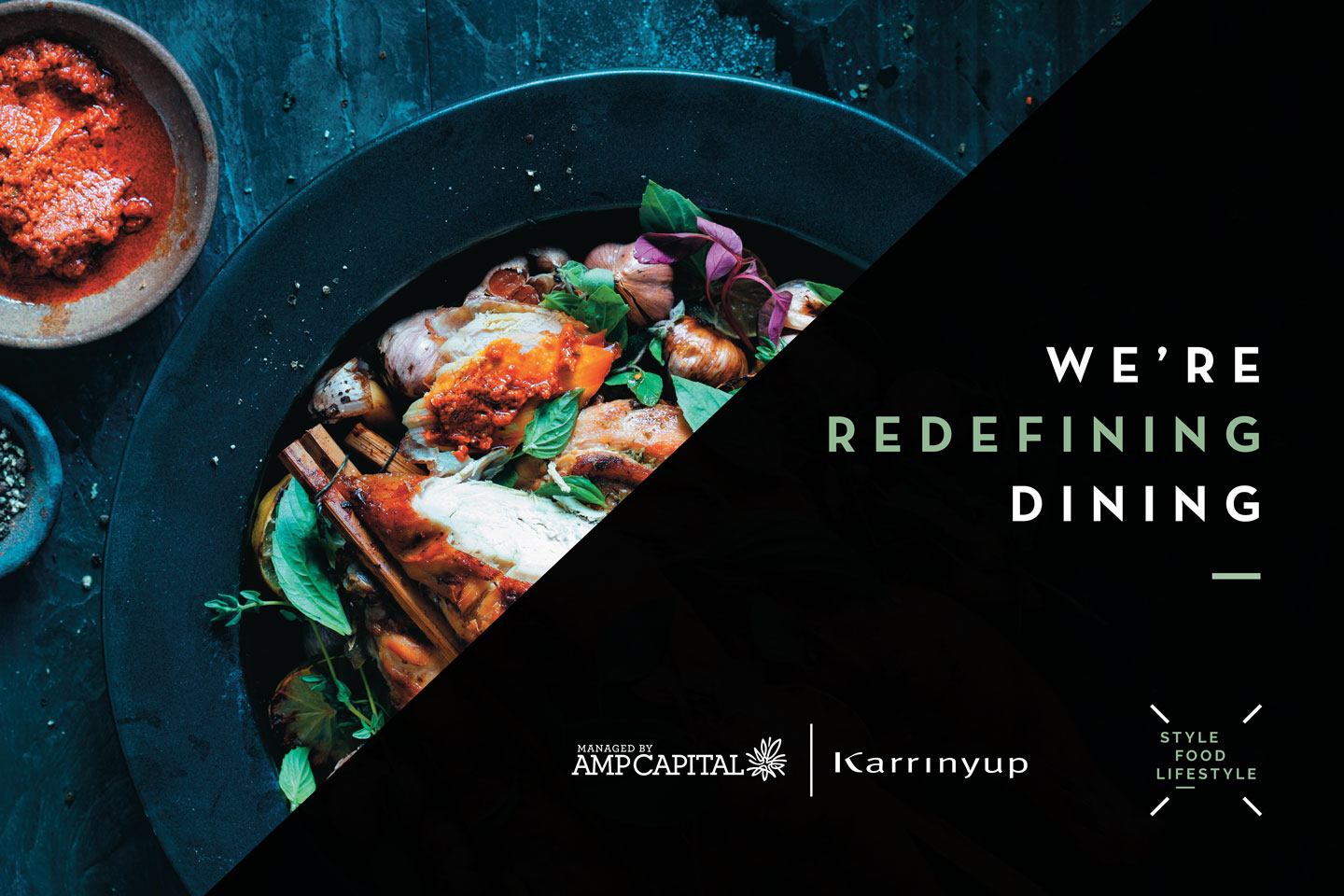

In recent years, the property market has witnessed the emergence of a range of independent, small food and beverage operators opening and succeeding with their own unique concepts. No longer limited to high streets or inner-city laneways, we’re now witnessing the evolution of small venues outside of these traditional spaces.
This has created the opportunity for shopping centres to slowly evolve their food and beverage (F&B) offer, towards more unique and localised experiences. National franchises and local owner-operators alike are evolving their concepts to ensure the customer experience, including access to convenient locations, are priority.
For shopping centres, the timing couldn’t be better to shake things up a bit.
The emergence of alternative offers
If we look at the last five years of F&B venues in Perth, we’ve seen the emergence of small bars and eateries that have offered unique alternatives to the traditional bar, café or restaurant experience.
Mary Street Bakery, as a current example, now have five venues across inner Perth. Owners Michael Forde and Paul Aron have expanded their independent concept, achieving a model that can be rolled out successfully across different formats. The opening of Mary Street Bakery in City Beach sees the popular brand entering further into the suburban realm, bringing a unique, casual dining offer closer to consumers.
Fellow independent Miss Chow’s now has a high street and two shopping centre locations, on top of two other concepts in Subiaco and City Beach. Meet & Bun and RoyAl’s Chicken & Burgers now have seven venues between them, spanning inner Perth both north and south of the river.
The changing face of small business
Despite increased market pressures, franchise models can still remain relevant. Those that are successfully navigating today’s market have adapted their business model to suit the changing tastes of their customers. Roll’d and Soul Origin as examples, have shifted their fast-casual food offer to suit a more health-conscious and discerning customer and are seeing expansion across the country as a result.
Similarly, in an environment where old franchise models are forced to adapt, so too are small businesses - and adapting they are. Being able to offer a unique, authentic experience - one with which customers can identify, is shaping the way small operators establish their business models and roll out their brands and experiences.
Redefining the mix to suit bespoke needs
In order to capitalise on the changing F&B landscape, shopping centre owners need to continually assess the needs and priorities of their customers and adjust the mix to offer more bespoke food offers, maximising the unique concepts emerging in the market and establishing them as points of difference.
It is worth noting however, that unique F&B concepts come with unique requirements, from kitchen services and fit outs, to ensuring they sit within a diverse, high-calibre tenancy mix aligned with their individual brands. They are also continuing to face increased competition for space and access to footfall.
As such, it’s important to take a balanced and considered approach to the volume of F&B in a tenancy mix that meets the needs of customers without oversaturating the market.
The opportunity for small business
With this backdrop in mind, small business and shopping centre owners alike, have a huge opportunity to launch unique concepts and experiences in the shopping centre environment, resulting in better diversity of mix and a more authentic offer to a broad range of customers.
As AMP Capital delivers Karrinyup’s $800m development, which will see the centre almost double in size and feature three distinct fresh food, café and dining precincts, we look forward to further contributing to the thriving food scene in Perth.
For more information visit www.karrinyupleasing.com.au






